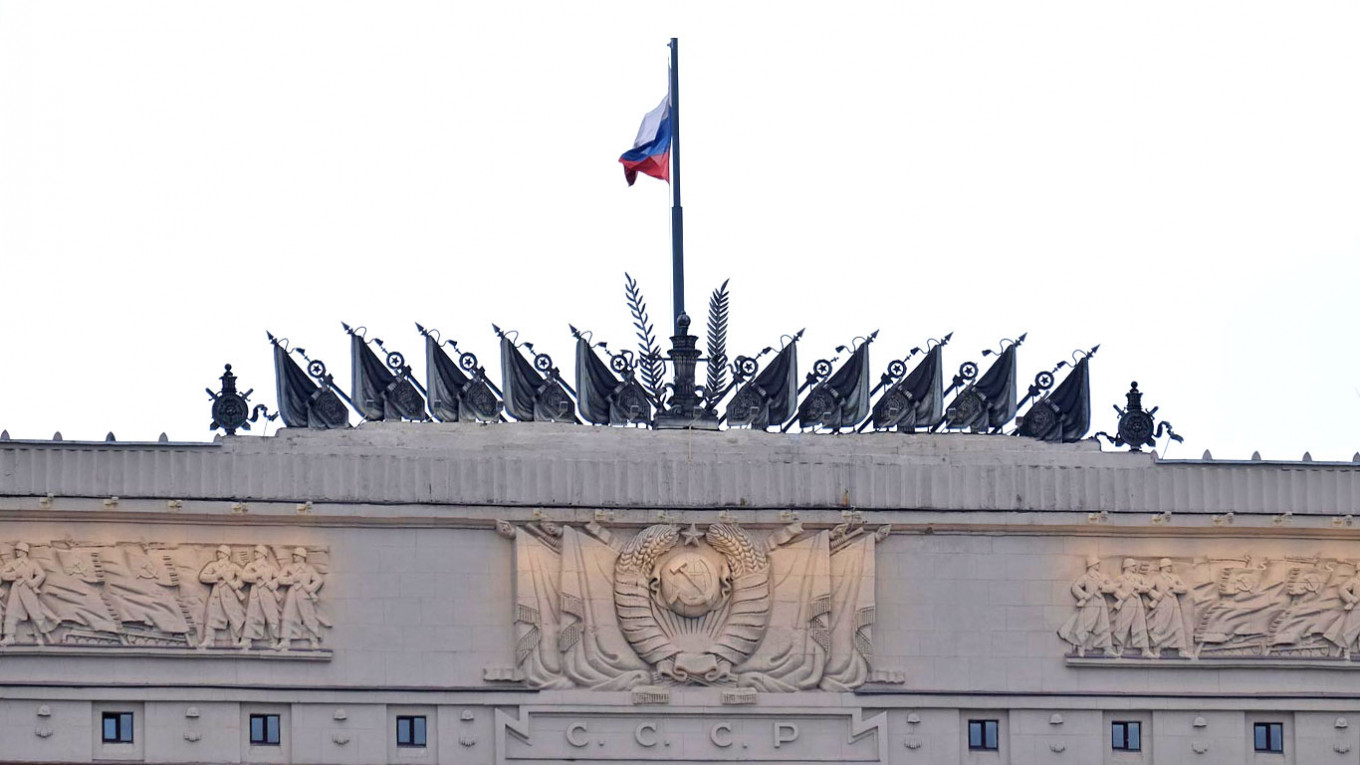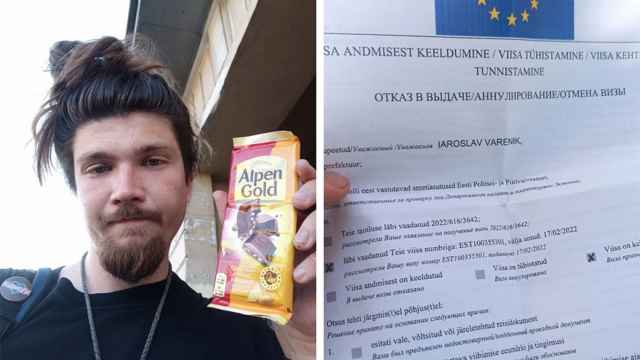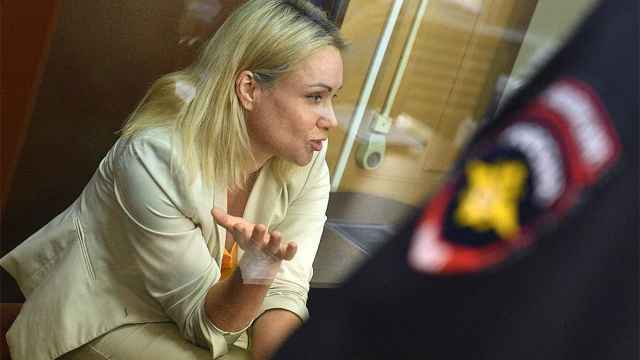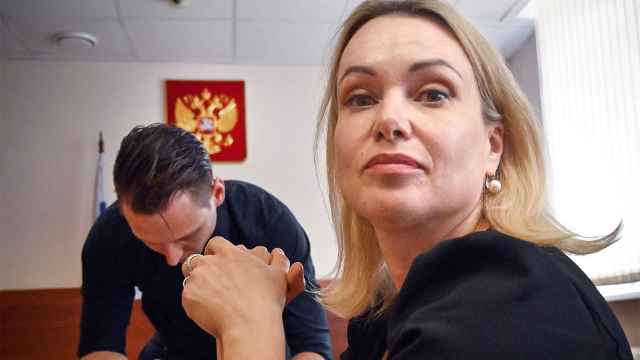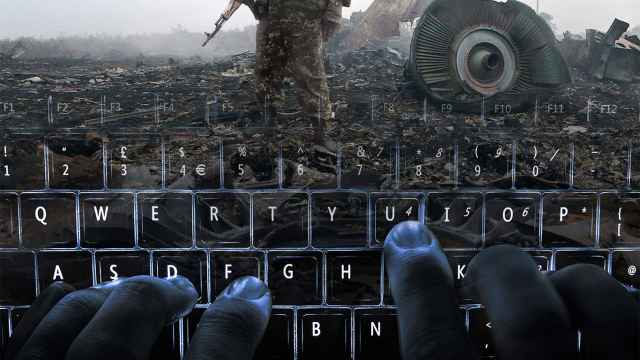Two Siberian journalists face up to 10 years in prison for allegedly spreading “fake news” about Russia’s invasion of Ukraine.
The cases are among the first instances of Russia using its new law against spreading false information about the Russian army to target a news outlet for its reporting, according to the Committee to Protect Journalists.
“This sets a very worrying precedent and shows that the Russian authorities will not hesitate to put into practice a law that blatantly violates press freedom by enforcing de facto censorship,” said Gulnoza Said, CPJ’s Europe and Central Asia program coordinator.
Authorities detained Mikhail Afanasyev, the chief editor of the republic of Khakassia’s Novyi Fokus outlet, and Sergei Mikhailov, founder of the LIStok weekly in the neighboring republic of Altai, on Wednesday.
Both journalists face charges of “deliberately spreading false information” about the Russian military’s actions, a newly passed criminal offense that carries a maximum punishment of 10 years in prison.
Investigators accuse Afanasyev of publishing “inaccurate information” in an April 4 report on 11 Khakassia riot police officers refusing deployment in Ukraine, according to the Kommersant daily.
Police searched Afanasyev’s home, the Net Freedoms project reported Thursday. The next day, the court ruled to detain Afanasyev pending trial.
An Altai court ruled Thursday to place Mikhailov in pre-trial detention on charges of spreading “false information” about the war out of “political hatred and enmity,” according to Kommersant. Net Freedoms said several cases against Mikhailov have been combined into one.
Investigators also seized documents and equipment during searches at LIStok’s office, Kommersant said.
An Altai court fined the newspaper’s publisher and its director under another new law against “discrediting” the Russian military’s actions and is expected to deliver another verdict against LIStok for alleged “calls for sanctions” against Russia.
Amnesty International called for Afanasyev and Mikhailov’s release and a repeal of the new law.
“The Russian authorities’ crackdown on independent media is escalating at breakneck speed,” Marie Struthers, AI’s director for Eastern Europe and Central Asia, said.
“Evidently unsatisfied with merely blocking critical news sites or forcing reporters into exile, the Kremlin now seeks to incarcerate journalists who report on anti-war protests or Russian soldiers who refuse to fight in Ukraine.”
A Message from The Moscow Times:
Dear readers,
We are facing unprecedented challenges. Russia's Prosecutor General's Office has designated The Moscow Times as an "undesirable" organization, criminalizing our work and putting our staff at risk of prosecution. This follows our earlier unjust labeling as a "foreign agent."
These actions are direct attempts to silence independent journalism in Russia. The authorities claim our work "discredits the decisions of the Russian leadership." We see things differently: we strive to provide accurate, unbiased reporting on Russia.
We, the journalists of The Moscow Times, refuse to be silenced. But to continue our work, we need your help.
Your support, no matter how small, makes a world of difference. If you can, please support us monthly starting from just $2. It's quick to set up, and every contribution makes a significant impact.
By supporting The Moscow Times, you're defending open, independent journalism in the face of repression. Thank you for standing with us.
Remind me later.


